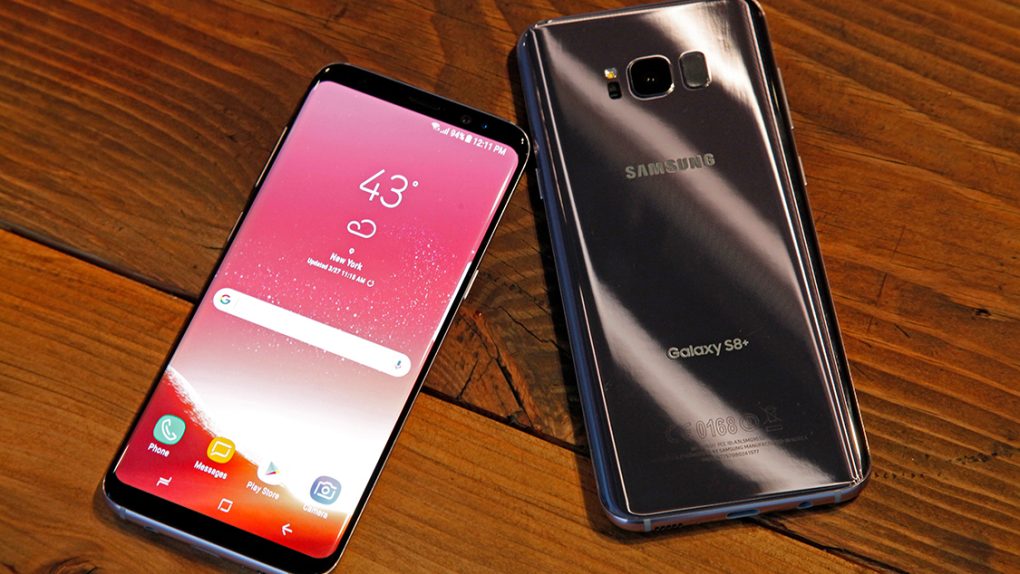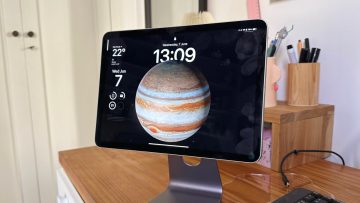The Galaxy S8 is finally official, and I have to say it’s an amazing device. Samsung created a beautiful all-screen smartphone that will probably become the best selling Android handset of the year. It’s got some interesting new tricks, including a way to turn the phone into a desktop PC replacement, and it’ll offer a better mobile computing experience than its predecessor. And while Samsung and Qualcomm did an amazing job at building brand new chips that are more powerful and more energy-efficient than ever, iPhones still mop the floor with the Galaxy S8 when it comes to the most important area of performance.
We’ve seen benchmarks for the Galaxy S8 before the phone’s official unveiling, and one thing seemed clear. The phone’s 10nm chips will bring over impressive performance gains, but they won’t be able to beat the iPhone where it matters most. This tweet is self-explanatory:
This is what state of the art performance looks like on Android for the rest of 2017 pic.twitter.com/lYbZVI6hrV
— Jeff Atwood (@codinghorror) March 30, 2017
Let’s translate what we’re looking at in the image above. These are Geekbench 4 scores for single-core performance. As you can easily see in the picture above, the Galaxy S8 isn’t able to outperform the 2015 iPhone 6s, let alone last year’s iPhone 7 Plus. In other words, almost everything you do as far as normal app usage goes will be faster and smoother on the iPhone.
The iPhone 8 and iPhone 7s models will all feature 10nm chips. The Apple A11 that will power them will be as efficient as the Qualcomm Snapdragon 835 and Exynos 8895, but stronger than last year’s A10 Fusion chip inside the iPhone 7 series.
That means single-core scores for the iPhone 8 and iPhone 7s will still outscore the Galaxy S8, and the A11 will probably also win the multi-core battle; last year, the A10 Fusion beat its 2016 chip rivals in both single- and multi-core tests. In the meantime, however, the global Galaxy S8 powered by Samsung’s Exynos 8895 processor crushes Apple’s iPhones in multi-core performance.
With all that in mind, we’ll point out that benchmarks alone will never tell the whole story. But then again, no Samsung phone has ever outperformed an iPhone in real-world usage tests either.








